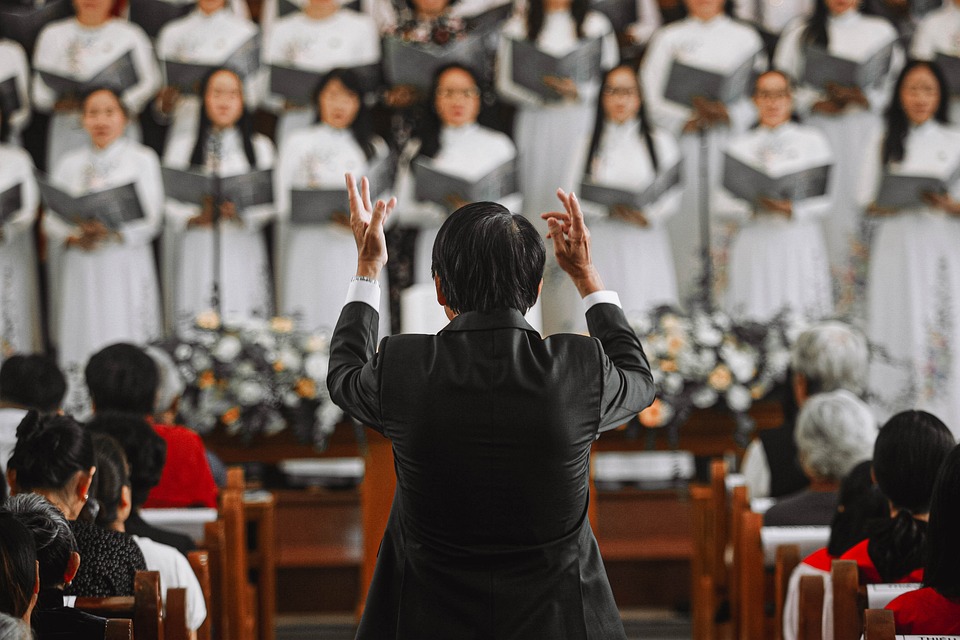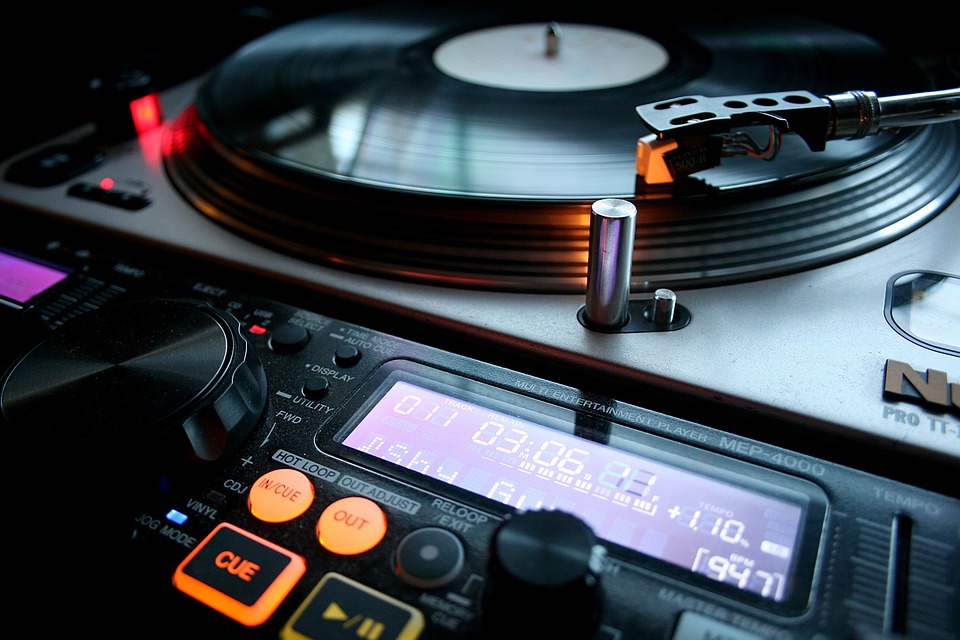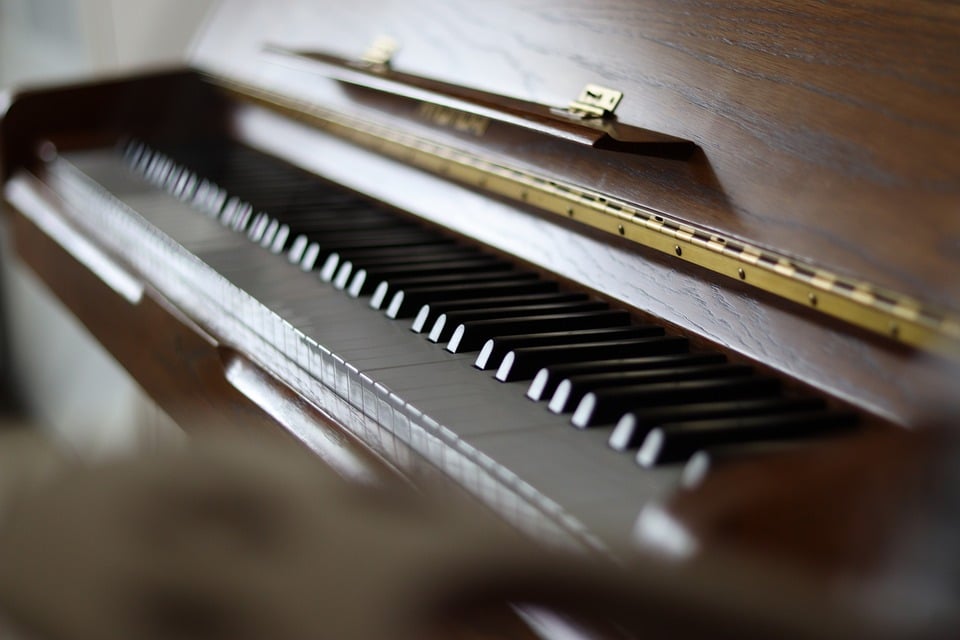Metal vocals are known for their intensity and power, making it essential to choose the right microphone to capture that energy. In this article, we will explore the best microphones available for metal vocalists, discussing their features, benefits, and why they are ideal for this genre.
Understanding Metal Vocals
Metal vocals can range from clean singing to aggressive growls and screams. This diversity requires microphones that can handle high sound pressure levels while maintaining clarity and detail. The right microphone can enhance the vocal performance, ensuring that every note and scream resonates with the audience.
When selecting a microphone for metal vocals, consider factors such as frequency response, sensitivity, and the microphone’s ability to handle high SPL (sound pressure levels). A microphone that excels in these areas will help you achieve the desired sound quality and dynamic range necessary for metal music.
Dynamic Microphones
Dynamic microphones are often favored for metal vocals due to their durability and ability to handle high sound pressure levels. They are less sensitive to background noise, making them ideal for live performances where stage volume can be overwhelming. Additionally, dynamic mics tend to have a more pronounced midrange, which is beneficial for cutting through the mix in a band setting.
These microphones typically feature a cardioid pickup pattern, which captures sound primarily from the front and reduces noise from the sides and rear. This characteristic is essential when performing in loud environments, as it helps to isolate the vocalist’s voice from other instruments.
Top Dynamic Microphones for Metal Vocals
Shure SM58
The Shure SM58 is a legendary dynamic microphone known for its reliability and performance. It is widely used by metal vocalists for its ability to handle high SPLs without distortion. The SM58 features a tailored frequency response that enhances vocal clarity, making it suitable for both live performances and studio recordings.
Its built-in spherical wind and pop filter help reduce plosive sounds, ensuring that every scream and growl comes through cleanly. The rugged construction of the SM58 also means it can withstand the rigors of touring and live shows, making it a favorite among metal singers.
Sennheiser e835
The Sennheiser e835 is another excellent dynamic microphone for metal vocals. It provides a natural sound reproduction with a smooth frequency response that enhances vocal clarity. The e835 is designed to minimize handling noise and feedback, making it an excellent choice for live performances.
This microphone’s cardioid pattern effectively isolates the vocalist’s voice, ensuring that the sound is focused and clear, even in loud environments. The robust construction of the e835 also makes it a reliable option for touring musicians.
Condenser Microphones
Condenser microphones are known for their sensitivity and wide frequency response, making them a great choice for capturing the nuances of metal vocals in the studio. They can pick up subtle details and harmonics, providing a rich and full sound that can elevate a vocal performance.
While they are less common for live performances due to their sensitivity to background noise, many metal vocalists use them in the studio to achieve a polished and professional sound. It’s essential to use a pop filter with condenser mics to minimize plosive sounds and ensure a clean recording.
Top Condenser Microphones for Metal Vocals
Audiotechnica AT2020
The Audio-Technica AT2020 is a popular choice among metal vocalists for its affordability and impressive performance. This condenser microphone features a wide frequency response that captures the full range of vocal sounds, from low growls to high screams.
The AT2020 has a cardioid pickup pattern, which helps to isolate the voice from unwanted background noise. Its durable construction makes it suitable for both studio and live settings, providing versatility for vocalists who perform in various environments.
The Rode NT1 is renowned for its exceptional clarity and low self-noise, making it a favorite among vocalists in all genres, including metal. Its wide frequency response and cardioid pattern allow for detailed vocal capture while minimizing background noise.
The NT1 is also known for its ability to handle high SPLs, making it suitable for aggressive vocal styles. Its warm sound profile enhances the richness of the voice, making it a great option for studio recordings.
Hybrid Microphones
Hybrid microphones combine the features of dynamic and condenser microphones, offering versatility for recording and live performances. These microphones provide the durability of dynamic mics with the sensitivity and clarity of condensers, making them suitable for various vocal styles, including metal.
Hybrid microphones often feature multiple pickup patterns, allowing vocalists to choose the best option for their performance environment. This flexibility makes them a valuable addition to any metal vocalist’s toolkit.
Top Hybrid Microphones for Metal Vocals
The Shure KSM8 is a premium hybrid microphone that offers exceptional performance for metal vocals. It features dual-diaphragm technology, which provides a rich and detailed sound while minimizing handling noise and feedback.
The KSM8’s cardioid pattern effectively isolates the voice, making it ideal for live performances in loud environments. Its rugged construction ensures durability, making it a reliable choice for touring musicians.
The Lewitt LCT 540 SUBZERO is another impressive hybrid microphone that excels in studio settings. It offers a wide frequency response and low self-noise, capturing the full spectrum of vocal sounds. The microphone’s cardioid pattern helps to minimize background noise, ensuring that the vocalist’s voice is clear and focused.
Its solid build quality and versatile performance make it a great option for metal vocalists looking for a microphone that can handle both studio recordings and live performances.
Choosing the Right Microphone
When selecting a microphone for metal vocals, consider various factors, including your vocal style, performance environment, and budget. Understanding the differences between dynamic, condenser, and hybrid microphones can help you make an informed decision.
It’s also essential to test microphones whenever possible to find the one that best suits your voice and preferences. Each microphone has its unique characteristics, and what works for one vocalist may not work for another. Take the time to explore different options and find the perfect match for your metal vocal style.
Conclusion
Choosing the best microphone for metal vocals is crucial for capturing the power and intensity of your voice. Dynamic microphones like the Shure SM58 and Sennheiser e835 are excellent for live performances, while condenser microphones such as the Audio-Technica AT2020 and Rode NT1 shine in the studio. Hybrid microphones like the Shure KSM8 and Lewitt LCT 540 SUBZERO offer versatility for both settings.
Ultimately, the right microphone will enhance your vocal performance, allowing you to deliver the raw energy that metal music demands. Invest in a quality microphone that suits your style, and you’ll be well on your way to achieving the sound you desire.
FAQs
1. Can I use a dynamic microphone for studio recordings?
Yes, dynamic microphones can be used for studio recordings, especially for vocals that require a robust sound. However, condenser microphones are often preferred in studio settings for their sensitivity and ability to capture subtle details.
2. What is the difference between a cardioid and omnidirectional microphone?
A cardioid microphone captures sound primarily from the front, making it ideal for isolating vocals. An omnidirectional microphone captures sound equally from all directions, which can be beneficial in certain recording situations but may pick up unwanted background noise.
3. How do I maintain my microphone?
To maintain your microphone, avoid dropping it, keep it in a protective case when not in use, and clean it regularly. Use a pop filter to protect the microphone from saliva and moisture, and store it in a cool, dry place.
4. What is the best microphone for live performances?
The best microphone for live performances often depends on personal preference, but dynamic microphones like the Shure SM58 and Sennheiser e835 are popular choices due to their durability and ability to handle high SPLs effectively.
5. Can I use a condenser microphone for live performances?
While it’s possible to use a condenser microphone for live performances, they are generally more sensitive to background noise and feedback. Dynamic microphones are typically preferred for live settings, but some vocalists choose condensers for specific applications.


